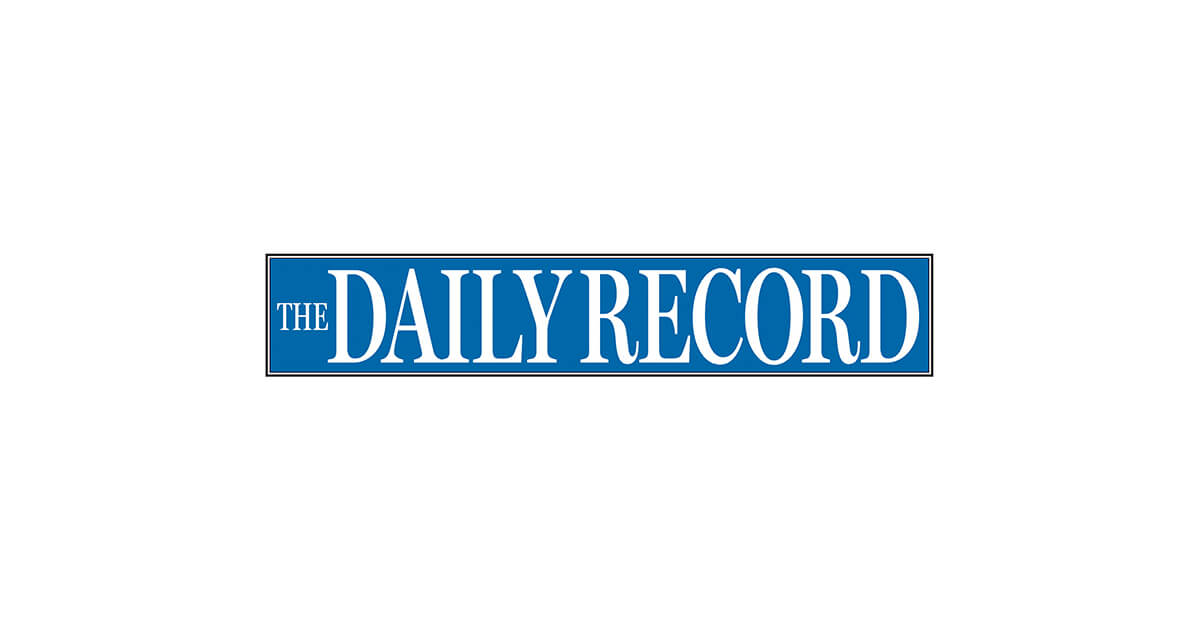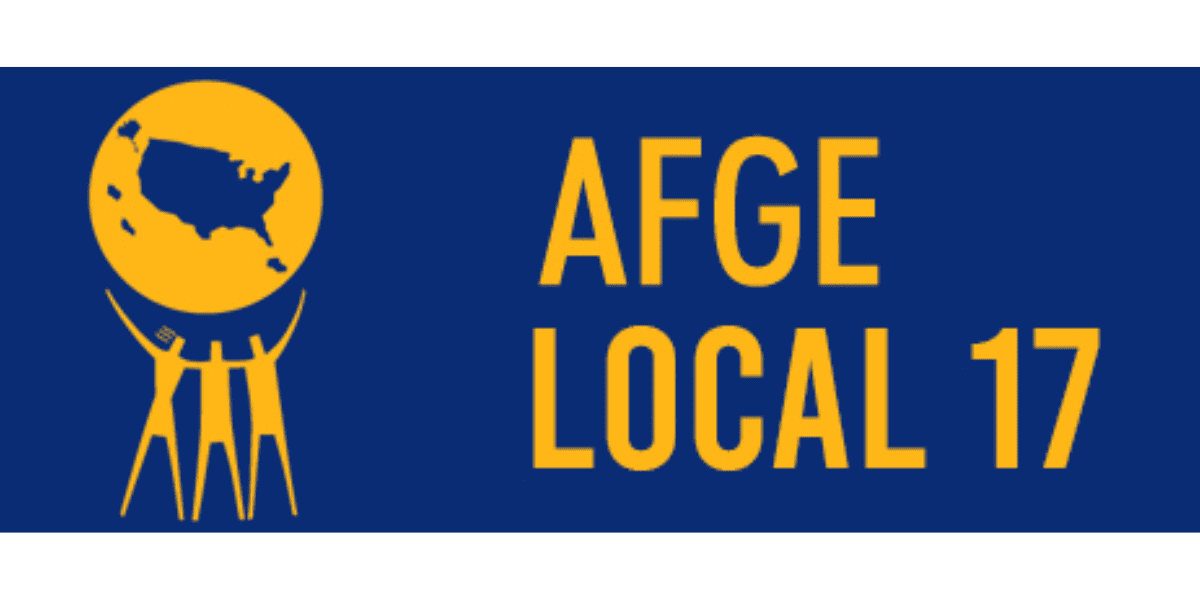Last week, Gov. Andrew Cuomo announced that all SUNY and CUNY boards will require proof of vaccination for all students attending in-person classes this fall, and encouraged all private universities and colleges to adopt the same rules.
“More than 60 percent of the population here in New York has gotten at least one dose of the vaccine, but we remain aggressive in our efforts because the reality is we are seeing a decline in the vaccination rate not only here in our state, but nationwide,” Cuomo said in a statement. “There is no factual argument against the vaccine, and there is no excuse not to get your shot. This vaccine is the weapon that will help us win the war on COVID and so I urge everyone who still needs to take it to do so quickly at one of our many sites across the state.”
The decision, both here in New York and elsewhere around the country, has been met with cheers and jeers. Students have taken to the streets and social media to protest the requirement. Locally, University of Rochester and Rochester Institute of Technology have made the decision to require students attending class onsite receive the COVID-19 vaccination, as have schools outside the region including Columbia University, Alfred University, Syracuse University and more.
It remains up to the remaining private schools how they want to handle vaccine requirements on campus, said Tully Rinckey PLLC Education Attorney Maria Morse.
“I think this issue is really interesting because currently all of the vaccinations are under ‘emergency use’ authorized by the FDA and they don’t have the full authorization from the FDA that all other required vaccinations do have,” Morse said. “So when we’re talking about whether or not this can become a requirement for school attendance that is the biggest opposition to take into consideration.”
In fact, other vaccinations that are required in order to attend college, such as measles, mumps and rubella, differ from the COVID-19 vaccination in that they have full authorization. The COVID-19 vaccination still is under the emergency use authorization, which means people can refuse it and must be informed of their right to refuse it, Morse explained.
“That’s where we get into the difference between is this mandated or is it optional,” she said. “A lot of people who are opposed to having universities say you must be vaccinated say then it’s really not optional and I don’t have the right to refuse it.”
Morse said that from her perspective, one could argue that the vaccine is still optional because an individual could choose not to get it and then attend another college or take their courses remotely.
“There are arguments on both sides,” she acknowledged.
Either way, it would be up to the school as to how it would enforce the rule.
“There’s always the vaccination cards themselves that all vaccinated people are not in possession of,” Morse said. “There’s the Excelsior Pass that New York State is testing. Another possible option would be for students to attest to the fact that they have been vaccinated. Obviously that would be more of a good-faith basis and rely more on self-reporting.”
That is the least likely route colleges and universities will take, she said.
For individuals who cannot receive the vaccine for health or religious reasons, a doctor’s note or letter would be required stating that the individual cannot receive the vaccine because it would be detrimental to their health. New York state only has a health-related exemption now for public schools, but religious universities would be able to use the religious exemptions if they so choose, Morse noted.
Remote learning is likely the most viable option for individuals who aren’t yet vaccinated or who have chosen not to be vaccinated. And it would be particularly important because we are likely to see colleges and universities at full capacity this fall given recent guidelines from both the state and the CDC regarding social distancing.
“I imagine that lots of schools are going to continue with online learning,” Morse said. “There isn’t anything that says they would have to continue with remote learning, but even pre-COVID we were seeing an increase in online education, for colleges and universities to offer online classes. I would see no reason for people who aren’t vaccinated to not be able to attend remotely.”




